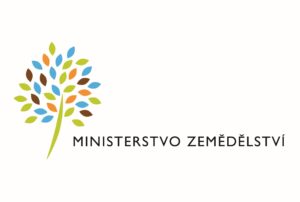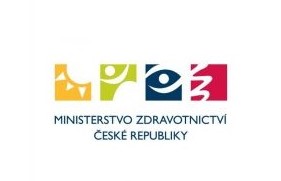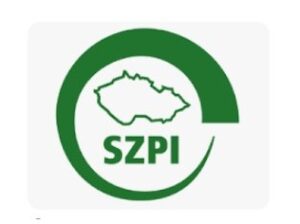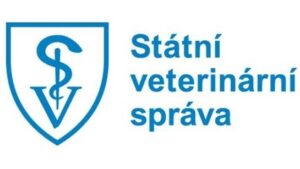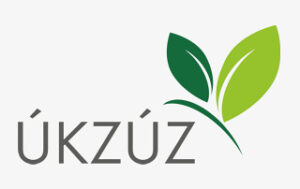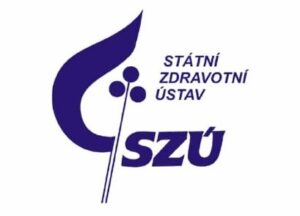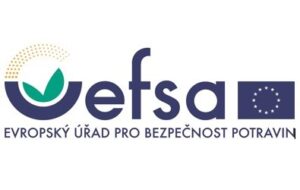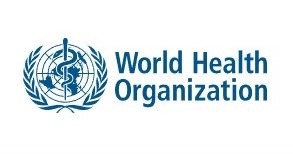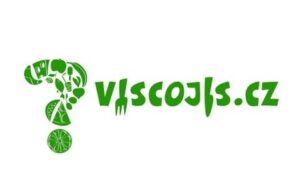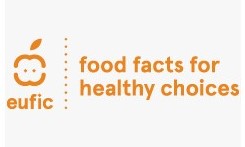Čl. 36: Methodology development in risk assessment (GP/EFSA/AFSCO/2016/01)
Tematický grant EFSA
One of EFSA’s key areas is to support scientific cooperation in Europe and beyond, building on the scientific expertise of Member States, ensure that the scientific work carried out at national level is not duplicated at EU level, and stimulating Member States to contribute to consolidating the EU risk assessment community.
In the context of this call, the main objective is for projects to:
• boost scientific cooperation between EFSA and among Member States through the formation of consortia of national agencies from different EU countries with diverse technical capabilities and expertise,
• be of innovative nature, taking efforts of EFSA and other organisations (e.g. ECHA, EMA, EEA, FAO, WHO, OECD, EPPO, IPPC, ECVAM) into consideration, and
• ensure that the results of the project are transferable and their dissemination is sustainable, with the aim of further enhancing knowledge and competence sharing.
In particular, the action co-financed by this EFSA grant, to be awarded following the present call for proposals, shall develop and validate new methods/tools, making the best use of the scientific data available or generate new data, to be applied in a structured and transparent way for identifying emerging food risks, assessing the risk of mycotoxin mixtures in food and feed, and assessing the freedom of animal disease/infection.
The call for “methodology development in risk assessment” is divided into three different lots:
Lot 1: Methods and systems for the identification of emerging food risks
Lot 2: Integrated methodologies for the risk assessment of mycotoxin mixtures in food and feed
Lot 3: Output-based methods for the assessment of the freedom of animal disease/infection
Specifikaci výzvy naleznete v příloze.
Všechny dokumenty výzvy jsou dostupné na webu EFSA.
AKTUALIZACE: Upřesnění zadávacích podmínek na základě dotazů uchazečů jsou dostupná zde.
Zdroj: EFSA: Call for proposals: GP/EFSA/AFSCO/2016/01 – Methodology development in risk assessment

